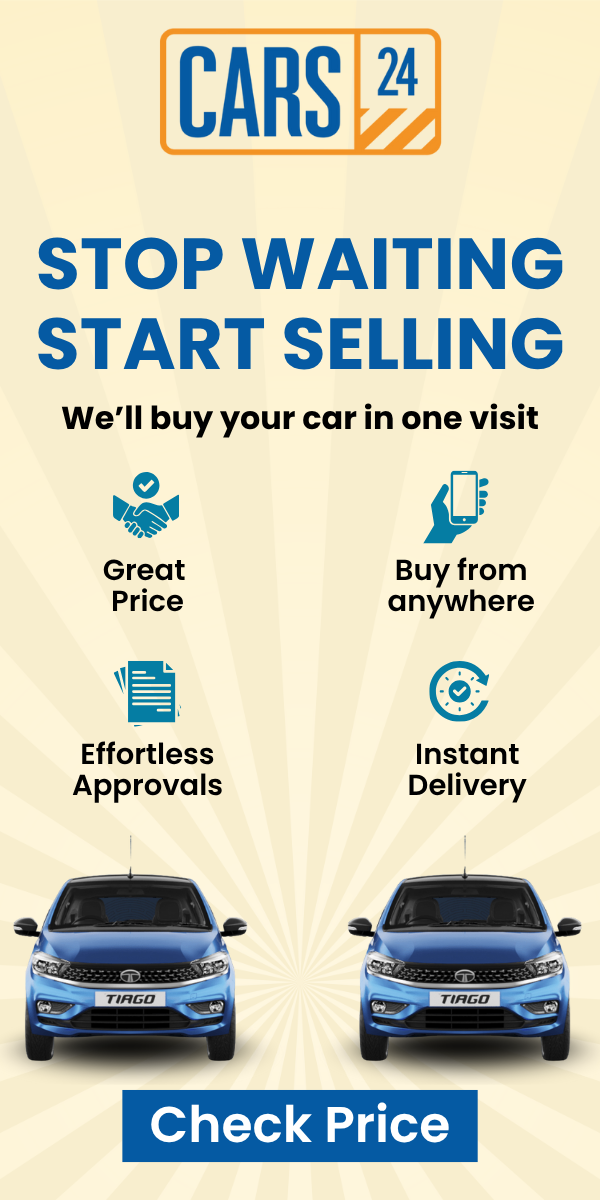Finding the ideal laptop to fit your lifestyle, work requirements, and budget is more important in today's digital world than simply choosing a stylish design or a well-known brand. The "best" laptop will vary depending on your needs, whether you're a student taking online courses, a working professional handling a lot of work, a creative editing video, or a casual web user. However, it's easy to feel overwhelmed by the hundreds of models and the technical jargon (RAM, SSD, GPU, 2-in-1, M-series). Everything you need to know is explained in simple language in our laptop buying guide, allowing you to make an informed decision without second-guessing it. Windows is most adaptable, with support for a vast array of software. Only accessible on Macs, macOS (Apple) has a clean interface and is excellent for creatives. Chrome OS (Chromebooks): Easy to use, reasonably priced, and ideal for web-based activities. Conventional Laptop: Excellent all-purpose, standard clamshell. A laptop that turns into a tablet by flipping or twisting is considered the best laptop for students. Gaming laptops are larger but have powerful graphics and performance. Business laptop: Extended battery life, secure, and long-lasting. 11–12 inches: Light and portable. 13–14 inches: Great balance of portability and usability. 15–16 inches: Most popular; good for productivity. 17–18 inches: Desktop replacement, less portable. If you intend to work on the go, aim for 8+ hours. Business laptops and ultrabooks typically have longer lifespans. CPU: Intel Core i5/i7 or AMD Ryzen 5/7 for most users. Intel Core i3 or Pentium for basic tasks. RAM: 8GB for general use. 16GB+ for multitasking or heavy work. Storage: SSD is faster than HDD. 512GB SSD is a good balance.1. Best Operating system for Laptops
2. Select the Type of Laptop
3. Pick the Right Screen Size
4. Pay Attention to Battery Life
5. Recognize the Important Details
Laptop Buying Guide: What to Look for Before You Checkout
Author: ufaqahmed
Created: July 16, 2025

Frequently Asked Questions
Conclusion
Buying a laptop doesn't have to be overwhelming. Once you clearly understand your usage needs—whether for study, work, gaming, or casual use—you can confidently narrow down the options. Focus on key factors like the operating system, screen size, battery life, and internal specs such as RAM, CPU, and storage. Remember, the best laptop for you isn't necessarily the most expensive one—it's the one that fits your lifestyle and priorities the best. With this Laptop buying guide, you're well-equipped to make a smart, future-proof purchase.
Trending News

